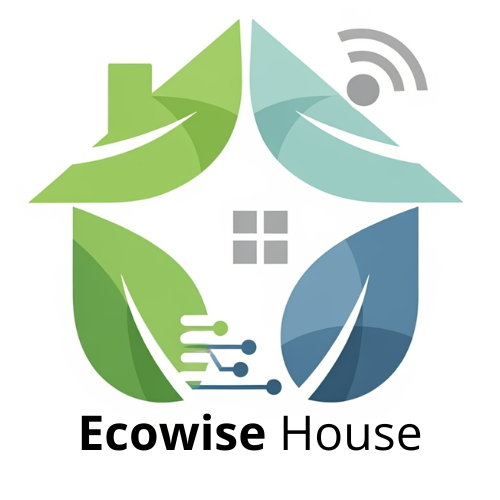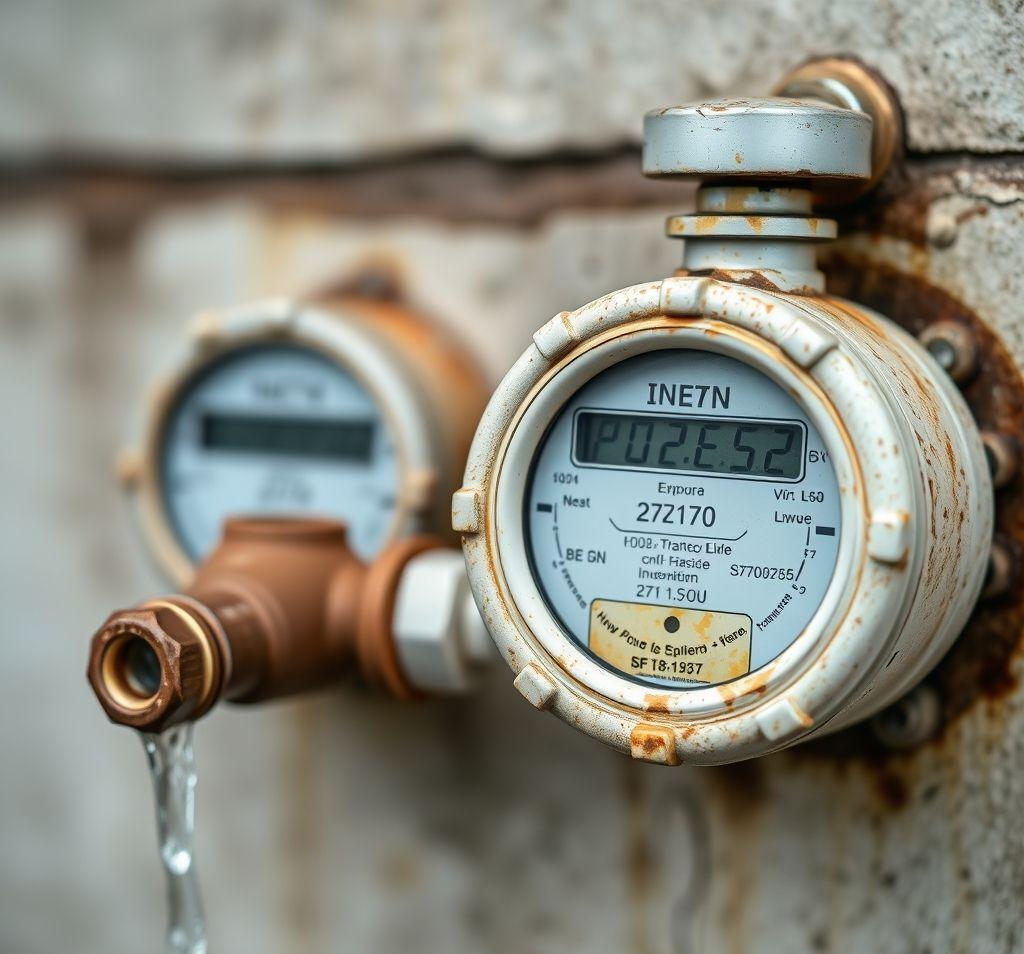Taking Back Control: How Smart Water Meters Empower Homeowners to Manage Household Water Consumption Effectively
Traditional water meters offer a basic reading, but they leave homeowners in the dark about their actual water usage patterns. Smart water meters are changing the game. These innovative devices provide real-time data, leak detection alerts, and detailed usage breakdowns, empowering homeowners to take control of their water consumption and conserve resources.
The Power of Real-Time Data
One of the most significant advantages of smart water meters is the ability to access real-time water usage data. Unlike traditional meters, which require manual readings and only provide a snapshot of consumption at a specific point in time, smart meters continuously monitor water flow and transmit data wirelessly to a homeowner’s device or a central utility system. This immediate access to information allows homeowners to identify trends, understand how different activities impact water usage, and make informed decisions about conservation efforts. Imagine seeing in real-time how much water your irrigation system is using or identifying a leaky faucet immediately, instead of waiting for a surprise on your next bill. Many systems present this data through user-friendly mobile apps or web portals, making it easily accessible and understandable, even for those who aren’t technically inclined. This granular level of detail enables proactive management and prevents unexpected spikes in water bills.
Early Leak Detection: Saving Water and Money
Hidden leaks can be a homeowner’s worst nightmare, silently wasting gallons of water and causing significant damage over time. Traditional water meters often fail to detect these leaks until the problem becomes severe and noticeable. Smart water meters, however, offer advanced leak detection capabilities. By continuously monitoring water flow patterns, these meters can identify anomalies that indicate a leak, such as consistent low-level usage when no appliances are running. Many smart meters are equipped with automatic shut-off valves, allowing homeowners to remotely turn off the water supply to prevent further damage once a leak is detected. Early detection not only saves water and money but also prevents costly repairs and potential structural damage to the home. This proactive approach to leak management provides peace of mind and helps homeowners protect their property and the environment.
Detailed Usage Breakdowns: Understanding Your Water Footprint
Beyond real-time data and leak detection, smart water meters offer detailed usage breakdowns that provide valuable insights into how water is being used throughout the home. These breakdowns can categorize water usage by appliance, fixture, or activity, such as irrigation, showering, or toilet flushing. By understanding where water is being consumed most, homeowners can identify areas where they can make changes to reduce their water footprint. For example, if the data reveals that the irrigation system is using a significant amount of water, homeowners can adjust watering schedules, install more efficient sprinkler heads, or consider drought-tolerant landscaping. Similarly, if the data shows excessive water usage from toilets, homeowners can replace old, inefficient models with low-flow alternatives. This detailed analysis empowers homeowners to make informed decisions about water conservation and adopt sustainable practices that benefit both their wallets and the environment.
Conclusion
Smart water meters represent a significant advancement in water management technology, offering homeowners a powerful tool to monitor, understand, and control their water consumption. By providing real-time data, leak alerts, and detailed usage breakdowns, these meters empower individuals to make informed decisions, conserve resources, and save money. Embracing smart water meter technology not only benefits homeowners but also contributes to a more sustainable future by promoting responsible water usage and reducing waste.

